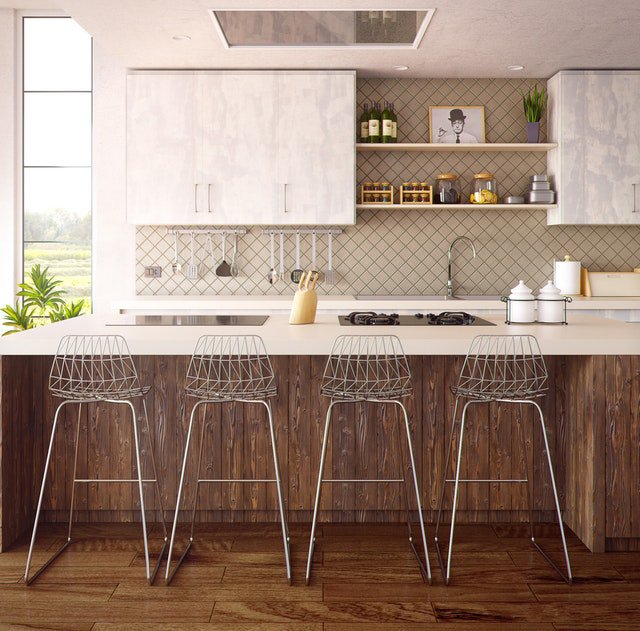What To Do With Your Moving Boxes

When you’re moving, it seems like unpacking boxes is a chore that never ends. But there will come a day when every last box is empty. The question then becomes – what do you do with all those empty boxes? Check out these great ideas for giving new life to all those old boxes that would otherwise end up in the trash.
Offer them on CraigsList
If you weren’t already aware, CraigsList is one of the best places online to buy and sell just about everything, including moving boxes. When you’re finished with your boxes, post them on CraigsList for sale or for free. You’ll be surprised at how quickly they’ll get snatched up, and how grateful the recipient will be.
Post them on Nextdoor
Do you know about Nextdoor? It’s the latest social network that allows you to connect with all the people in your neighborhood. When you move in, set up an account for your new address. Once you’ve been verified, list your boxes for free. It’s a great way to get rid of those boxes and meet a new neighbor!
Recycle them
If your city has curbside recycling, check to make sure they accept cardboard boxes. Many times, you’ll be asked to break them down before the city will collect them. It’s a small price to pay to make sure they get recycled instead of ending up in a landfill. If your city doesn’t accept boxes, check to see if there is a recycling center nearby where you can drop them off. You can read at Sky Van Lines more ways in which you can repurpose cardboard boxes.
Use BoxCycle
More and more people are becoming aware of how important it is to reuse or recycle materials. Recycling cardboard is better than simply tossing it out, but it’s much better for the environment to reuse those boxes while they still have life in them. For that reason, BoxCycle was created. It is a marketplace specifically for used cardboard boxes. The website helps to connect you with people who are in the market for used boxes. Not only do you get the boxes off your hands, you make a little money while doing it.
Post on U-Haul Box Exchange
Even the big moving companies are getting in on the action. U-Haul operates a message board called Box Exchange that lets customers buy, sell, or give away boxes and other moving supplies. Post on their message boards and see if there are any interested takers in your area.
Use them in your garden
There are so many ways to use cardboard in your garden. It works great as a weed barrier in flowerbeds and vegetable gardens or along walking paths. Remove all staples and packing tape from the boxes before using them in the garden. The cardboard will break down over time and help to nourish the soil. Boxes can also be used as temporary compost bins. Of course, many a good fort has been created out of used cardboard boxes, giving kids hours of fun. All it takes is a little imagination!
Compliments of Virtual Results






 Is
Is  Do you dream of owning your own home, but feel like you’ll never have the money for a down payment? While saving for a down payment can seem like a daunting task, it isn’t impossible. In fact, there are ways to begin saving right now that won’t put a crimp in your lifestyle. Here are the best sneaky ways we’ve found to save money for that down payment.
Do you dream of owning your own home, but feel like you’ll never have the money for a down payment? While saving for a down payment can seem like a daunting task, it isn’t impossible. In fact, there are ways to begin saving right now that won’t put a crimp in your lifestyle. Here are the best sneaky ways we’ve found to save money for that down payment.






 Catch Our Feed
Catch Our Feed Subscribe via Email
Subscribe via Email Follow Our Tweets
Follow Our Tweets Friend Us On Facebook
Friend Us On Facebook Watch Us On Youtube
Watch Us On Youtube